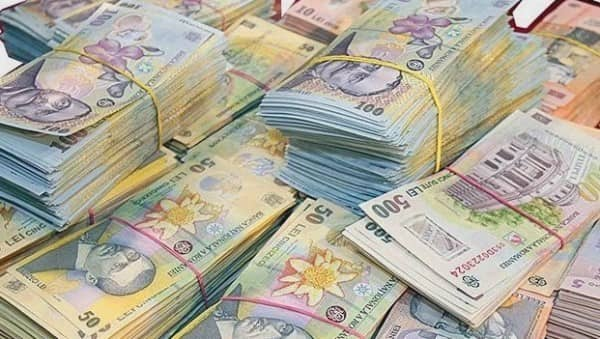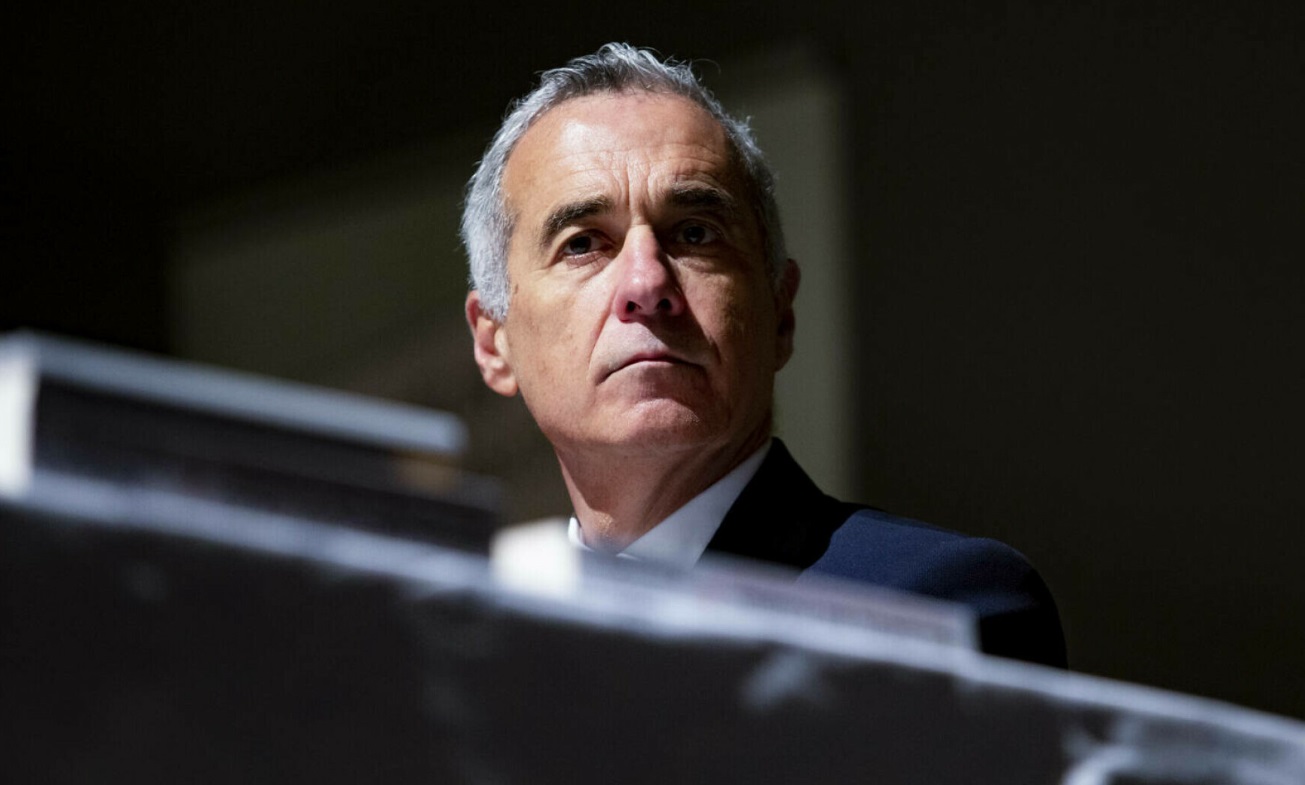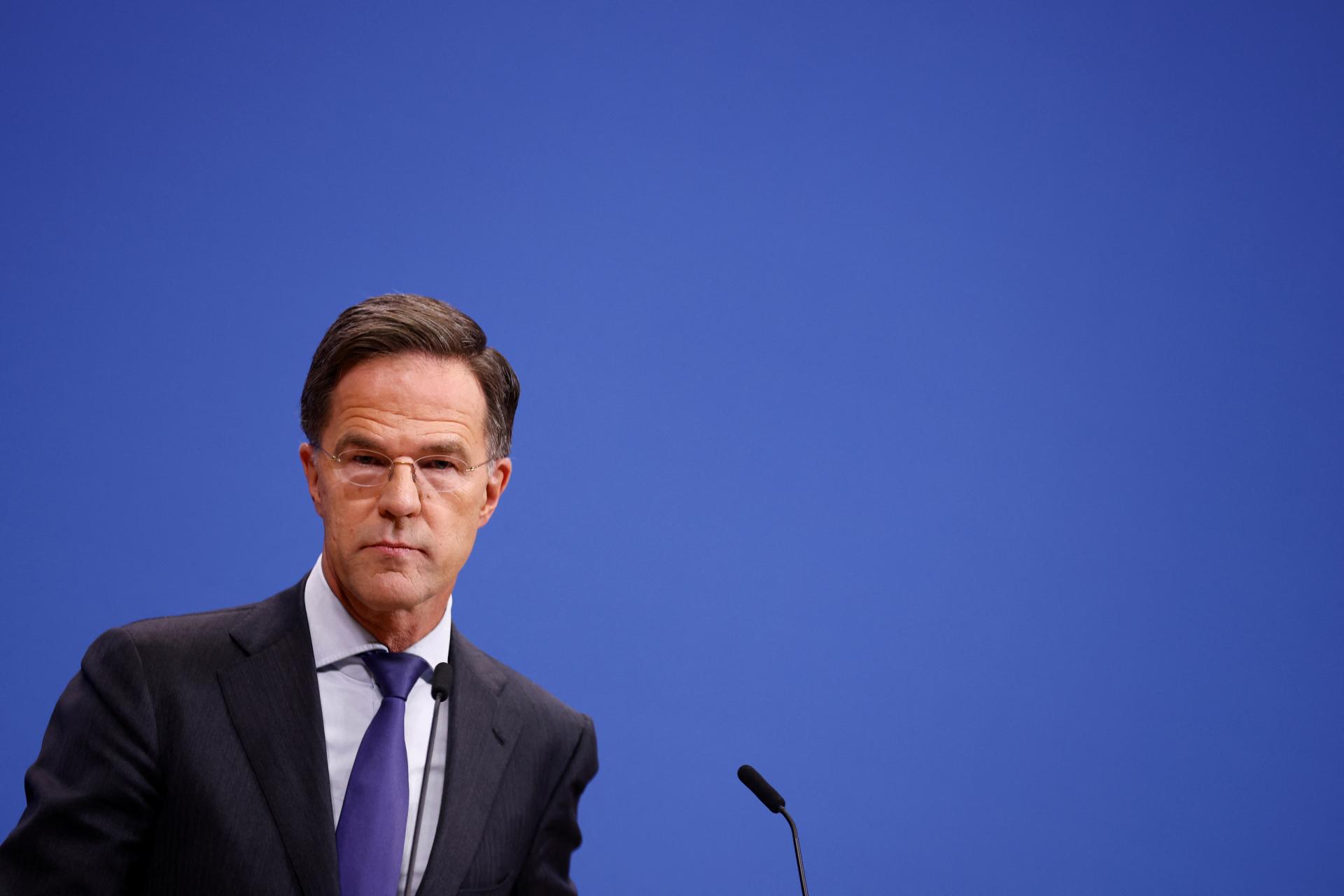Economist Bogdan Baltazar told Business Standard that the most efficient, yet painful measure would be a 20 percent reduction in public sector staff. “Besides the obvious saving to the budget, even if unemployment costs rise, this measure would reduce bureaucracy, which is delaying processes. Moreover, corruption sources would also decline,” Baltazar said.
On the other hand, former Minister of Finance Daniel Dăianu said that “how to cut staff-related expenses in the public sector is the government’s decision. We can lower salary expenses but must not reduce those corresponding to co-financing projects from European funds.”
On the whole, the state has met IMF’s targets in the first half of this year, but the main challenge arises in the coming six months, especially since expenses have been increasing on a monthly basis, while revenues kept sliding.
Revenues to the general consolidated budget fell by an annual 5.1 percent in H1, to RON 77.27 billion from RON 81.39 bln, while expenses soared 5.6 percent, to RON 91.65 bln, from RON 86.79 bln, according to data provided by the Ministry of Public Finance.
The government surpassed the target set by the IMF for total expenditure in H1 by almost €1 billion, the difference being interest rate-related expenses, which surged 55 percent, to RON 3 bln (€697 mln). The state’s revenue-related problems are worse also on the value added tax (VAT) segment, which dropped 15 percent, namely RON 3.16 bln. Baltazar said that a way to boost consumption is to stimulate public investments that would generate purchasing power and higher revenues from social contributions.
“The government met the deficit target set by the IMF for the first six months because the share of investments is lower at the end of the first half of 2009, namely some 34 percent of the total allocated, compared to 50 percent, the level that should have been registered in the first half,” Baltazar added.
“An increase in VAT would be a mistake. This could generate an inflationary shock,” the Chief Economist of Banca Comercială Română (BCR), Lucian Anghel, said. “Practically speaking, the impact would be a rise in prices, a drop in sales, a delay in cutting interest rates, and inflation above the target set by the central bank this year,” Anghel added.
Minister of Finance Gheorghe Pogea and Minister of Small and Medium-Sized Enterprises (SME) Constantin Niţă are now talking about an eight percent decline in Romania’s economy this year. The budget deficit could widen to almost seven percent of GDP, according to sources close to discussions in the government and the IMF.














